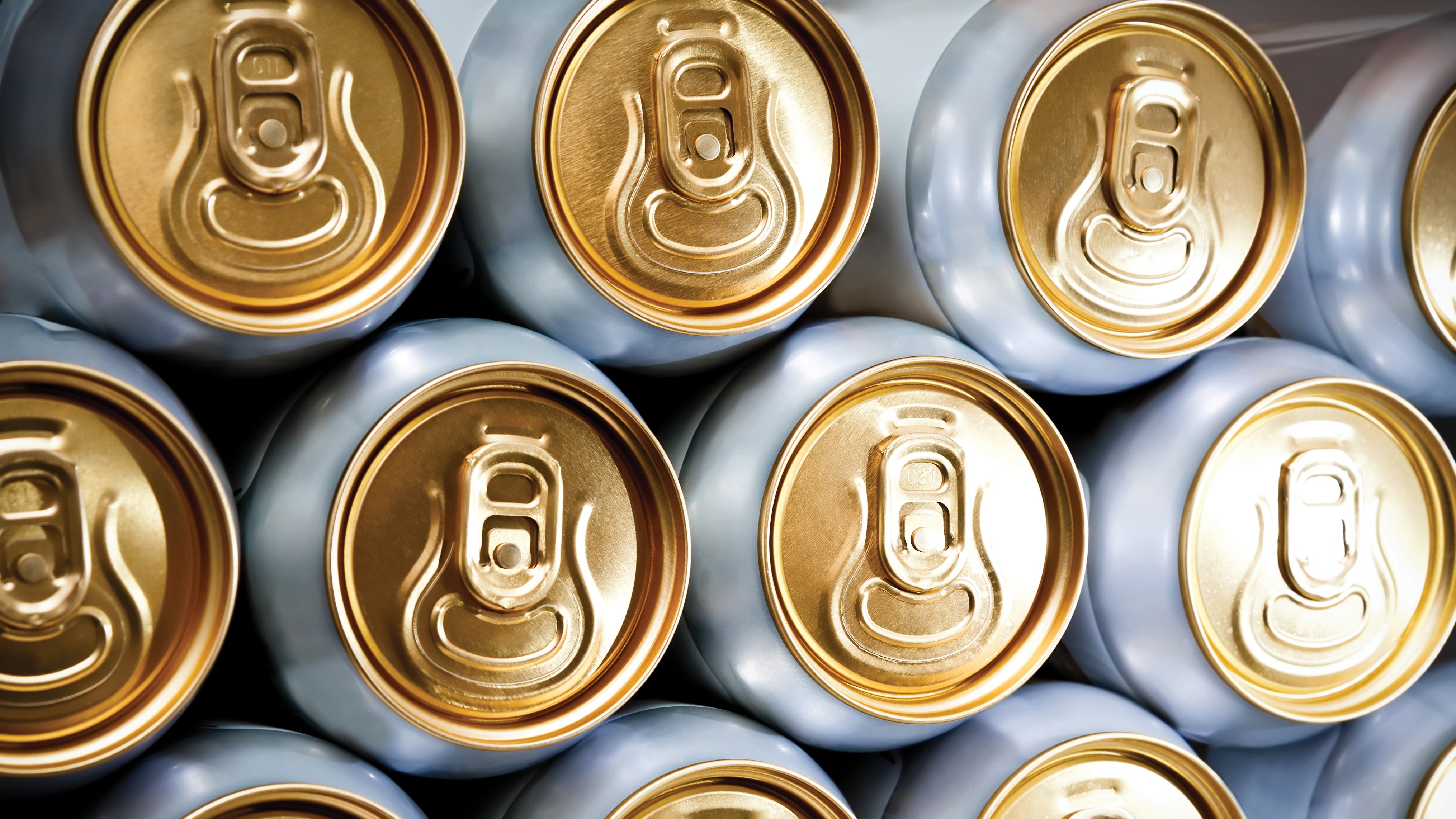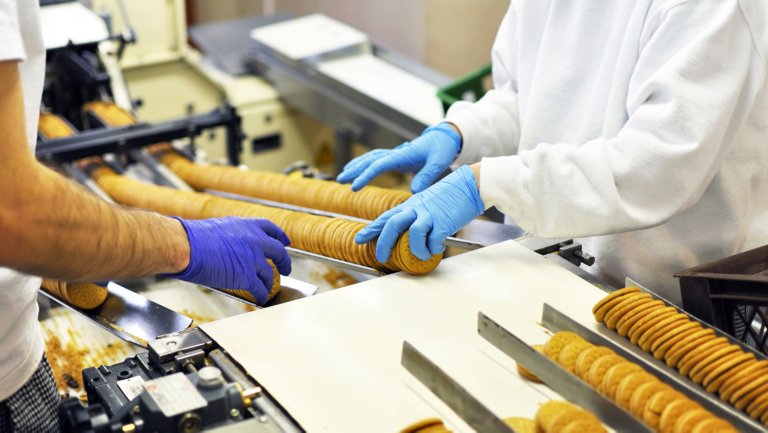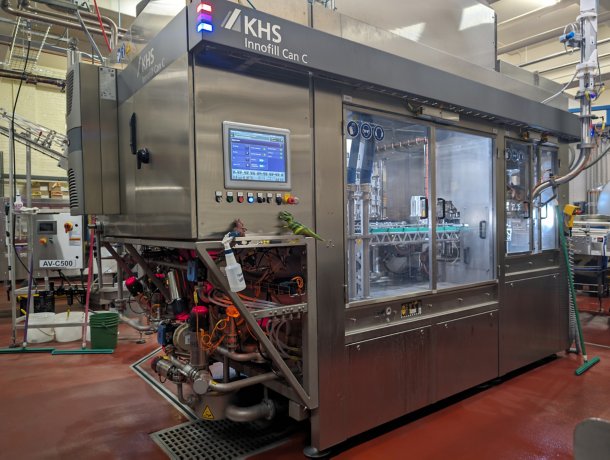Microbrewing began expanding rapidly across the United States in the 1980s. And Lakefront Brewery was one of the first craft brewers to set up shop in Milwaukee — a city known for its rich beer heritage.
Established in 1987, Lakefront offers more than 20 different beers in over 30 states and distributes to multiple countries. The brewery is known for its ales, lagers and brewery tour.
From the beginning, Lakefront packaged its shelf-stable offerings in glass bottles. Recently, company leaders opted to transition to cans as a more economical, efficient and environmentally friendly choice. Cans also maintain better quality, because no light can enter the can and degrade the product.
To make the switch, Lakefront contacted KHS Group, the same original equipment manufacturer (OEM) that delivered the existing bottling line 10 years ago. KHS Group is a global manufacturer of filling and packaging systems for the beverage and liquid food industries. The company’s subsidiary, KHS USA, is headquartered in Waukesha, Wisconsin, and is an OEM Partner in the Rockwell Automation PartnerNetwork™ program.
Conserving Space
Transitioning from one packaging paradigm to another is challenging under any circumstances. But space constraints at the Lakefront operation, housed in a historic 1908 power plant, added to the complexity.
“Our space is quite limited,” says David Karrer, director of brewing operations. “That was a driving factor in our technology decision. We required a solution with a compact footprint.”
In addition, Lakefront didn’t have the space to run the existing bottling line and new canning application concurrently.



